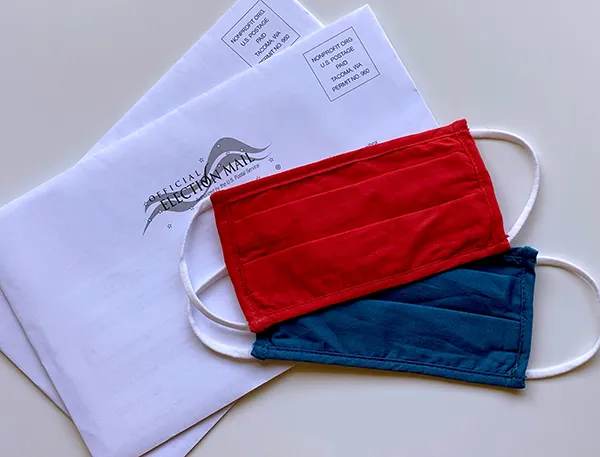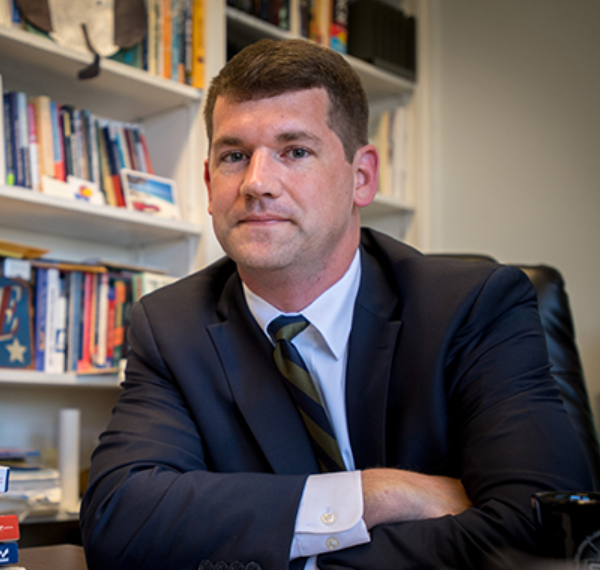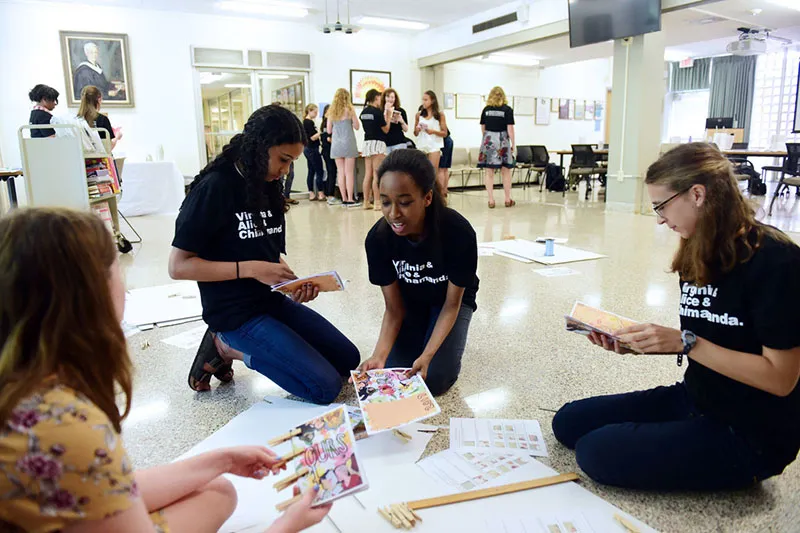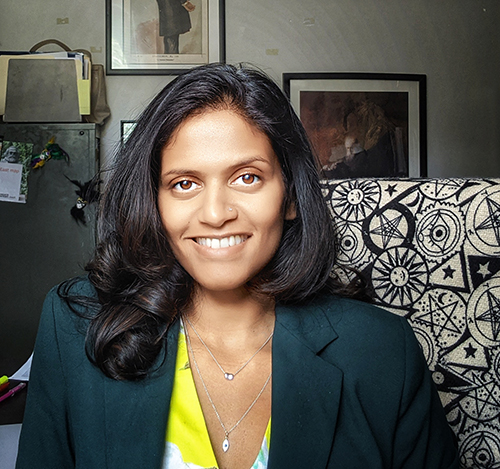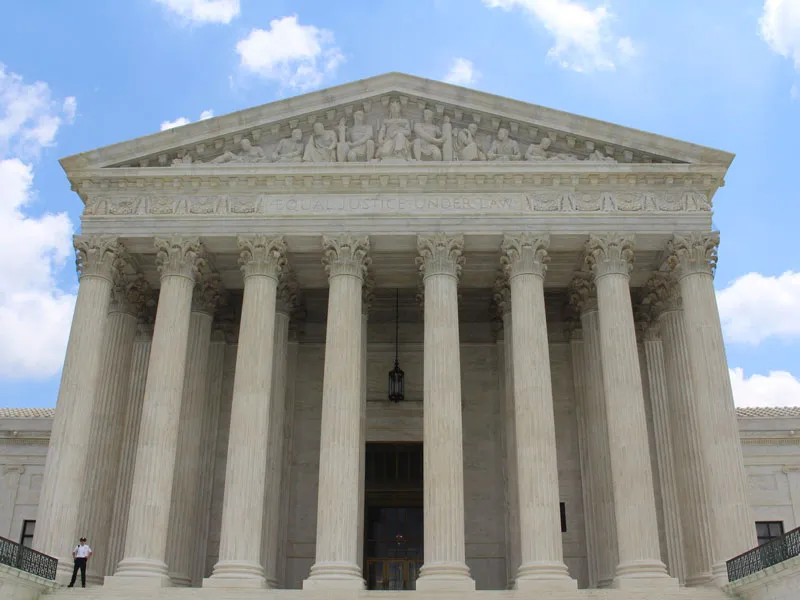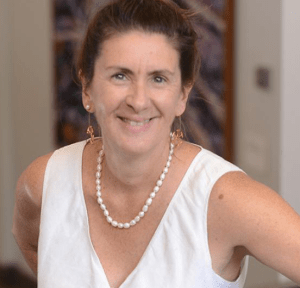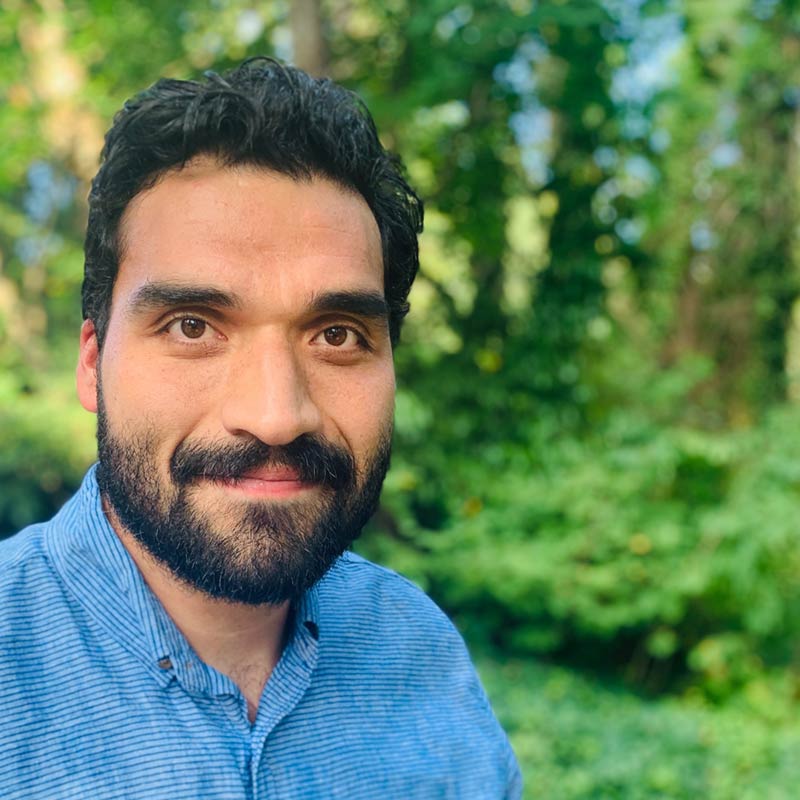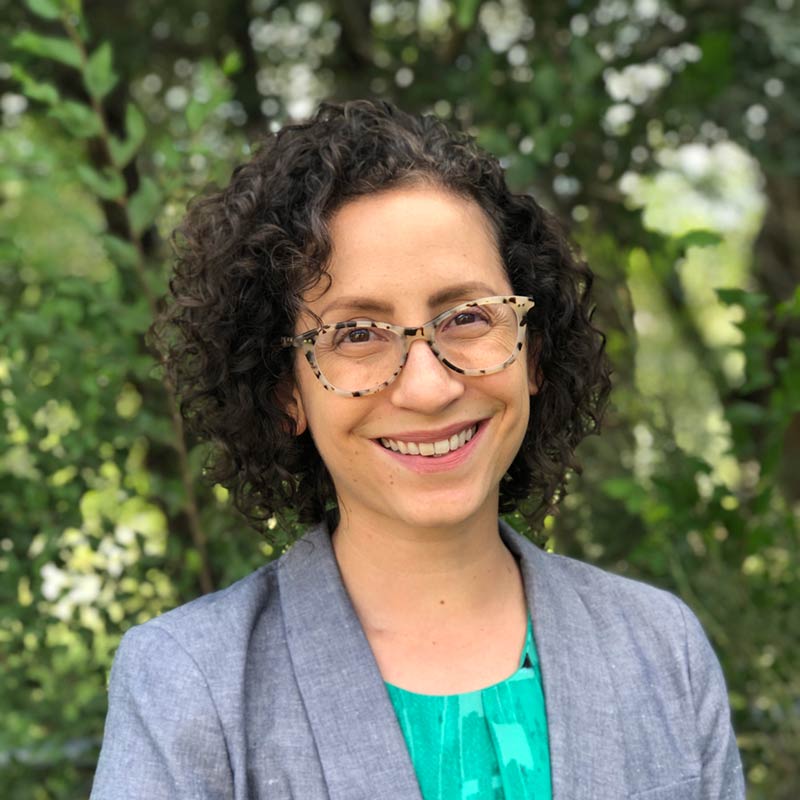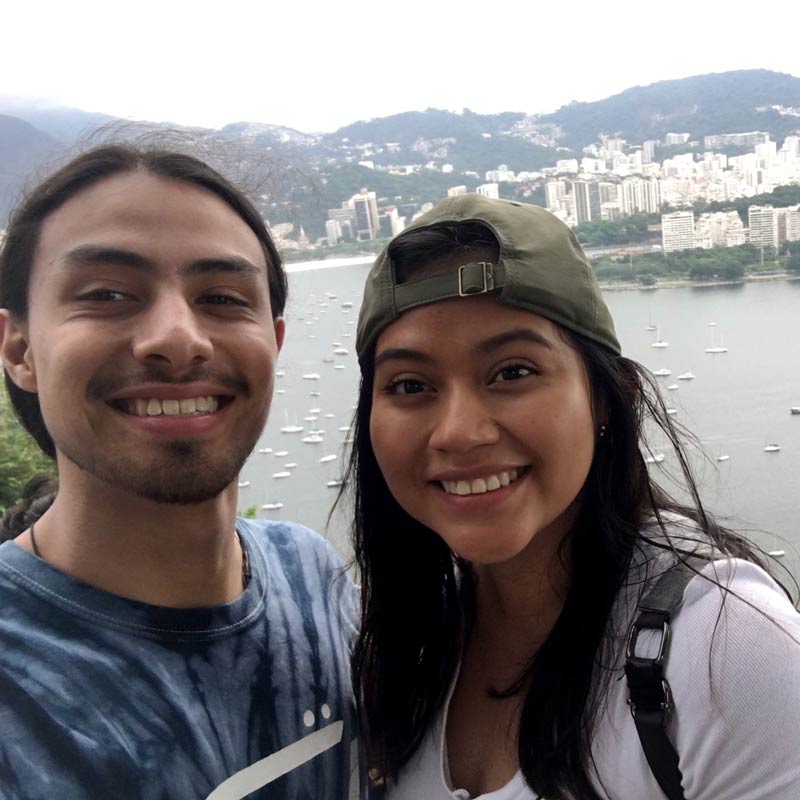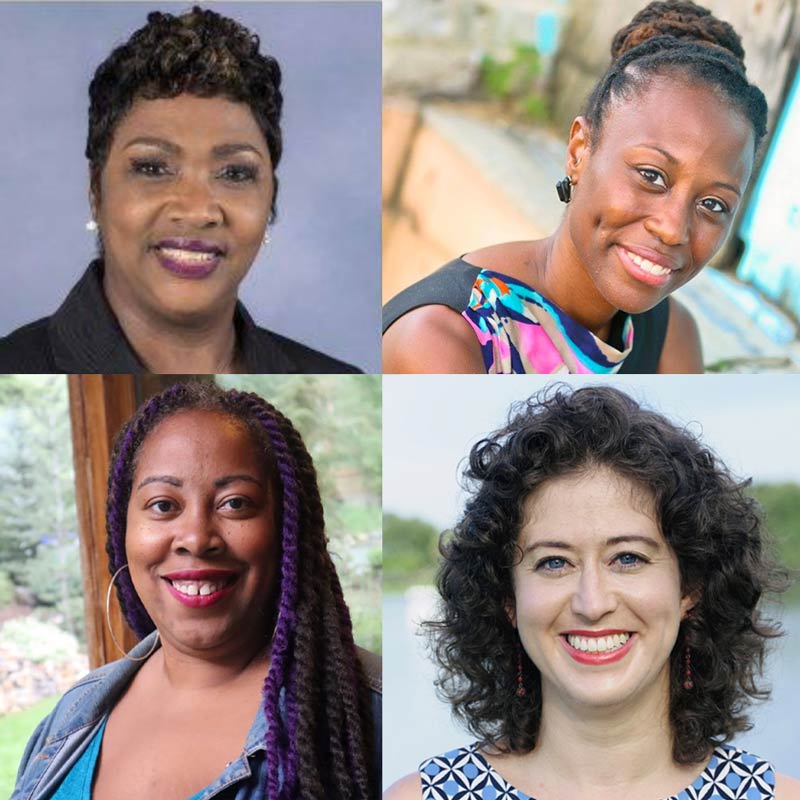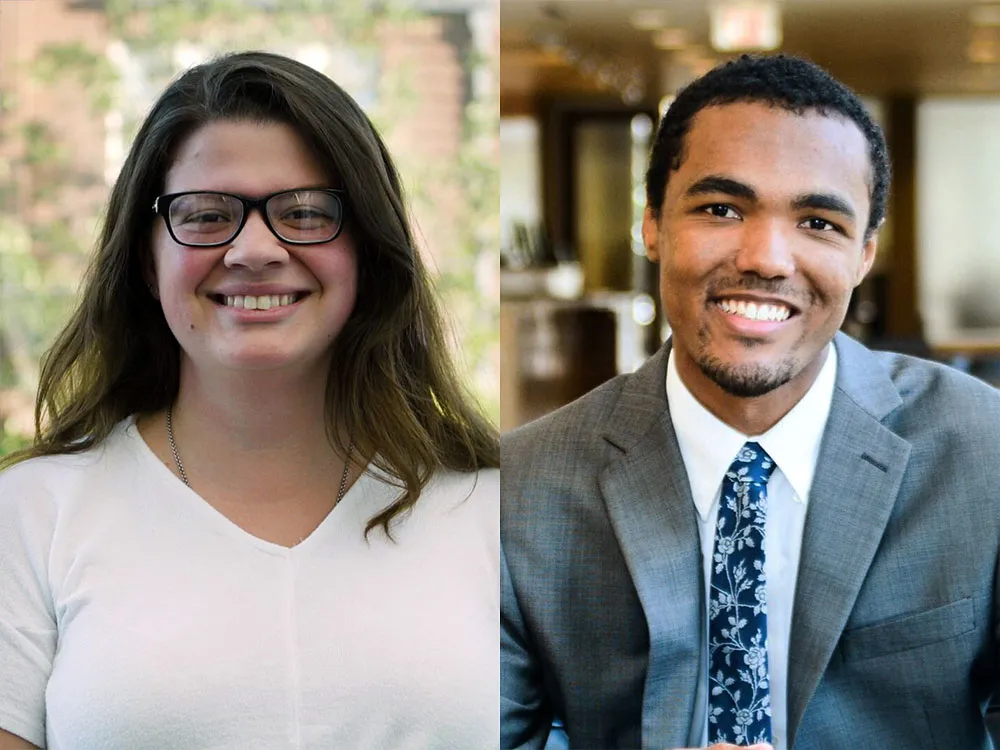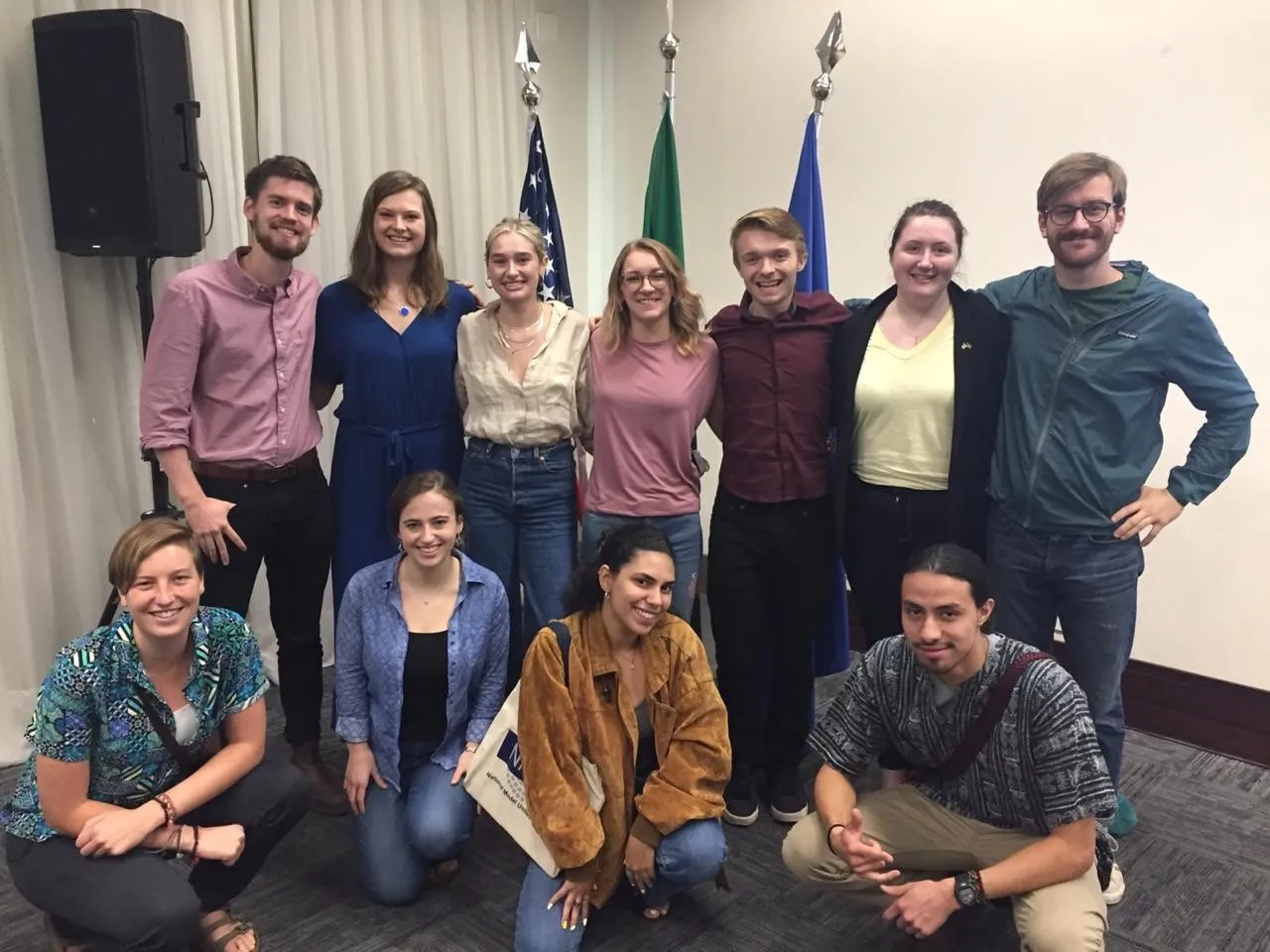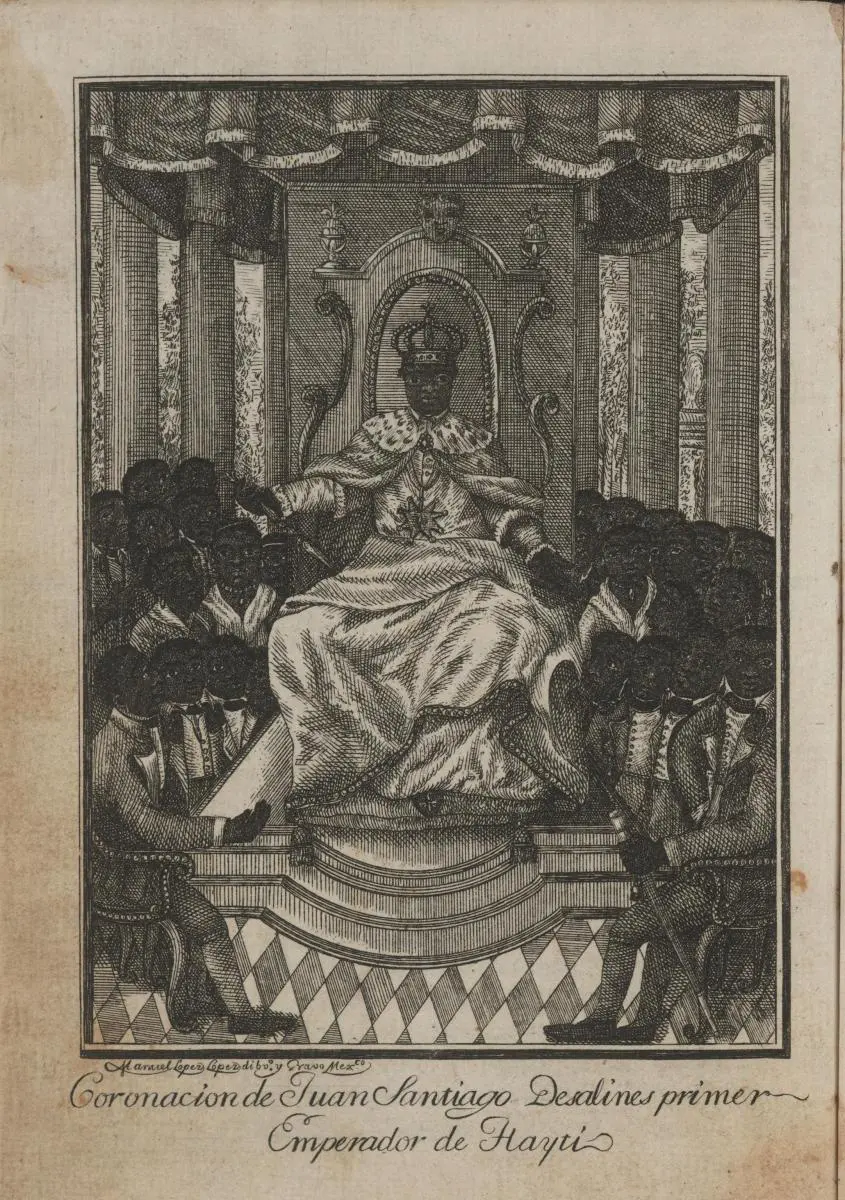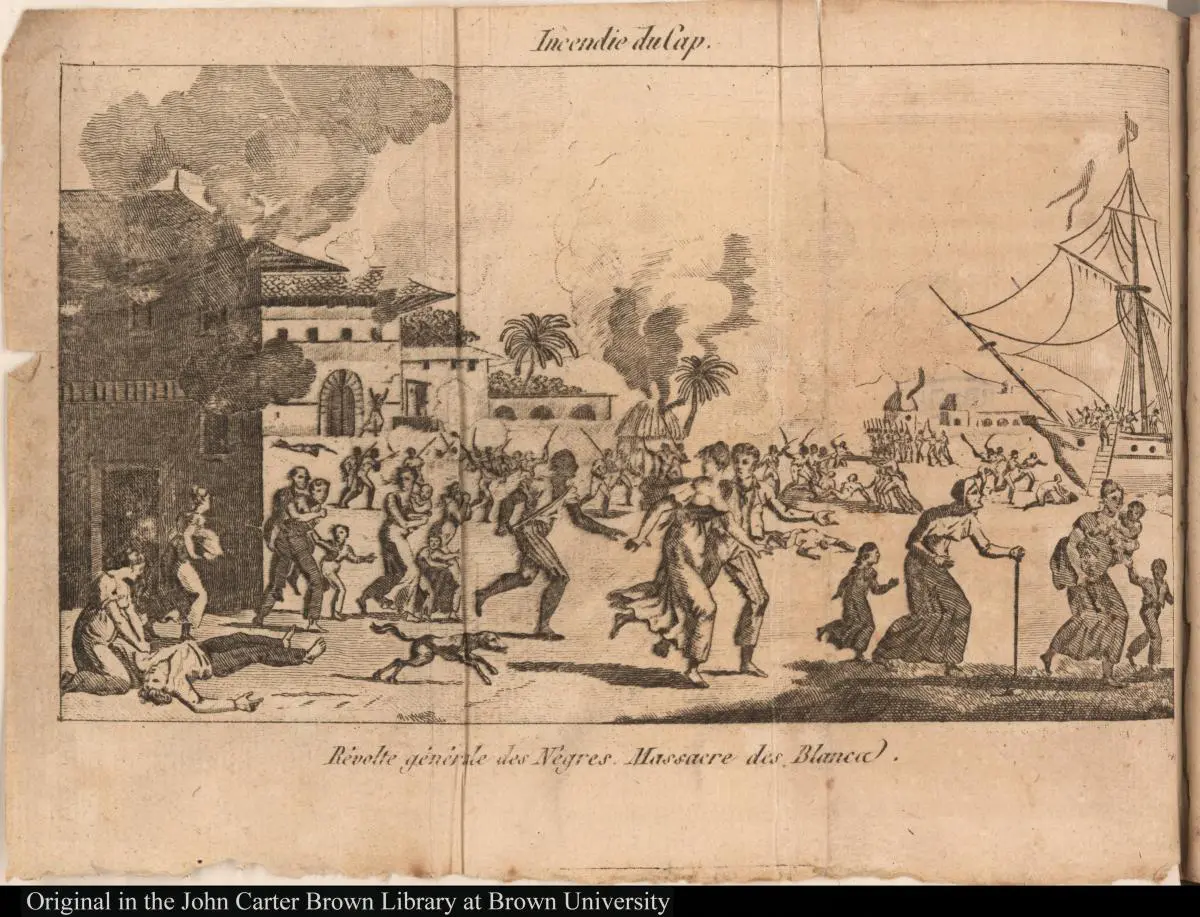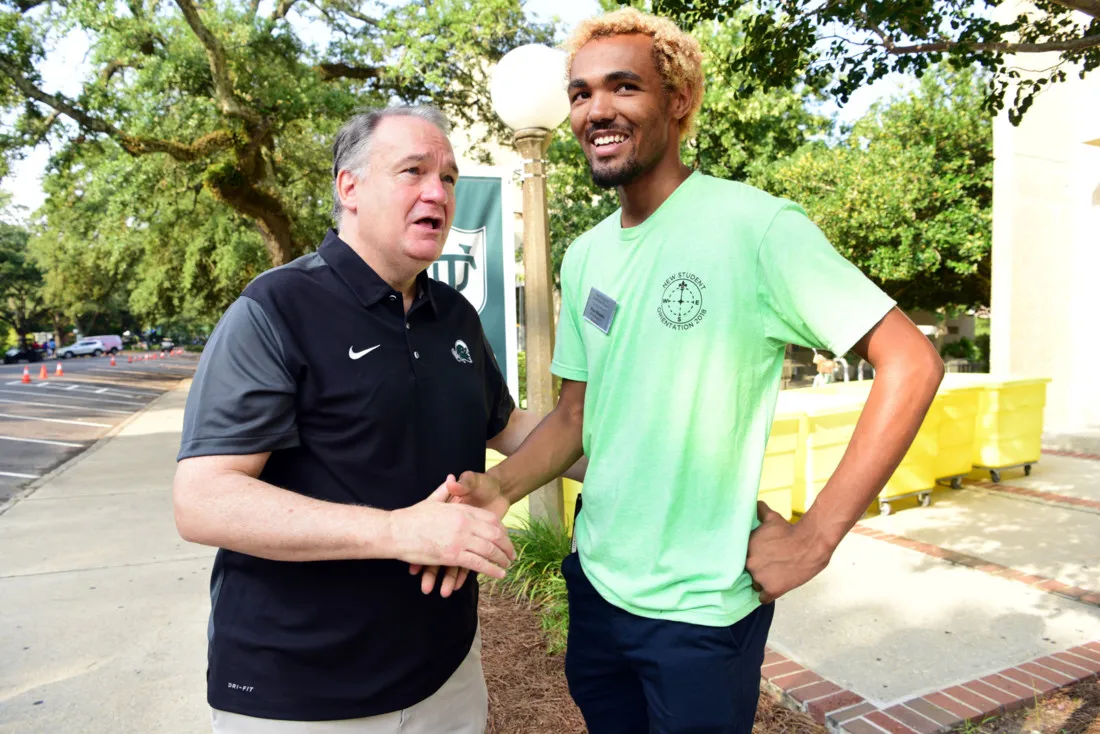Now is the Time to Vote
Like many Americans, I am following the turbulent times our country is facing. It’s hard to ignore the headlines every day, whether they concern containing Covid-19 or the growing political instability. The constant media overload can be exhausting, but it’s important to acknowledge and push past our mental fatigue to make sure that we each perform our important civic duty as citizens of the U.S.: we must focus on the upcoming election and the significance of our vote.
Whichever political party you identify with, the 2020 election is an opportunity to exercise your voice in a way that makes a tangible impact. This is one of the most contentious elections in U.S. history, and college-aged students have the power to influence the election’s outcome.
Americans of ages 18-29 are notoriously known for not voting. According to the United States Census Bureau website, in 2016, 46% of people in this age group voted in comparison to 70% of people over the age of 65. With what’s at stake in this upcoming election—including the climate crisis, access to healthcare, and national security to name a few issues—college-aged students can no longer sit idly by while our parents and grandparents decide the future of both our nation and world.
As an environmental studies major at Tulane, I am concerned about the way the climate crisis will affect the future of our generation. This year, we have seen an increase in the frequency and intensity of natural disasters such as hurricanes, wildfires, and flooding. Policies that affect the environment are made on local, state, national, and international levels. Specific to New Orleans and south Louisiana, it’s important that we vote for leaders that will save the Louisiana coastline and save our vulnerable communities from environmental displacement. I acknowledge that this is our world and we are directly responsible for making the changes we want to see.
This year we’ve been able to celebrate the 100th year of a woman’s right to vote. This year we can celebrate five years since gay marriage was legalized throughout the country. But this year we’ve also seen people fight for their basic rights. It is our civic duty to be a voice for people who do not have a voice and to exercise our right to vote. I plan on contributing to positive change by voting. I know that my voice will be heard in doing so. Yours too can and will be heard through the action of voting.
Whether you vote by mail, early, or at the polls on November 3rd, I urge you all to participate in this very important election.
For more information on voting, visit www.vote.org.
Political science and environmental studies junior Amanda Krantz encourages fellow young voters to keep the nation and world's future in mind and VOTE in this year's election.
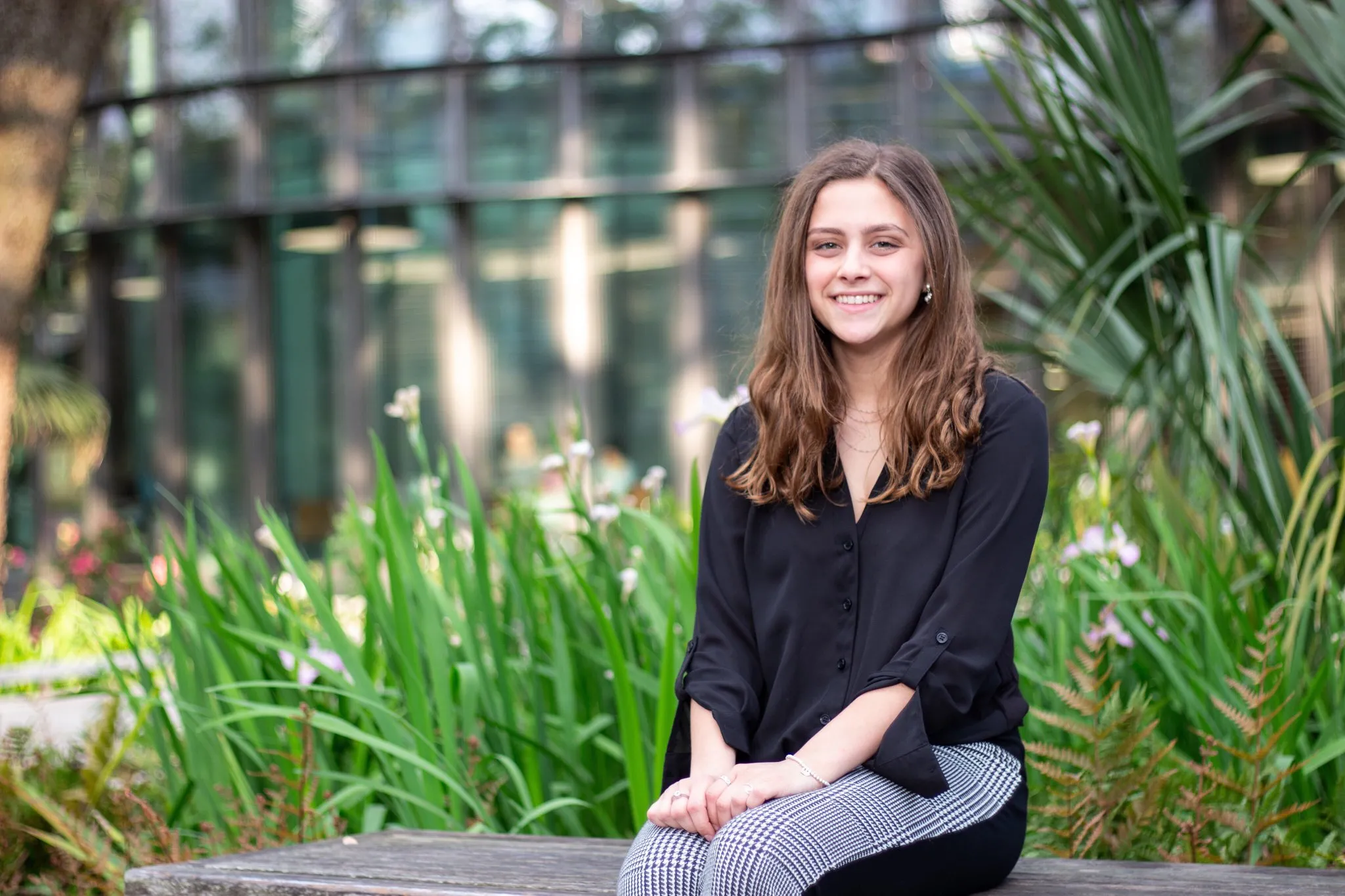
Amanda Krantz is a Tulane junior majoring in political science and environmental studies. She is president of the School of Liberal Arts Student Government, an Undergraduate Student Government senator, and sits on the Undergraduate Student Government sustainability committee. Originally from Port Washington, New York, Krantz most recently interned at the New York League of Conservation Voters and Tulane's Institute on Water Resources Law and Policy.


